We present our updated RAT (Replace Animal Tests) List to the European Commission

We presented our recently updated RAT (Replace Animal Tests) List at the European Commission’s meeting on the protection of animals used for scientific purposes.
Our RAT List, which now includes the most recently published EU statistics on animal use, for 2022, highlights ten tests required by regulators that are still conducted on animals despite there being non-animal alternatives available. If these ten tests were removed, approximately 1.2 million animals could be spared every year in Europe alone.
In the meeting, which brings together National Contact Points (NCP) from each EU member state to discuss EU Directive 2010/63 on the protection of animals used for scientific purposes, we highlighted a number of key changes that we have seen in animal use across the RAT list tests between 2020 and 2022:
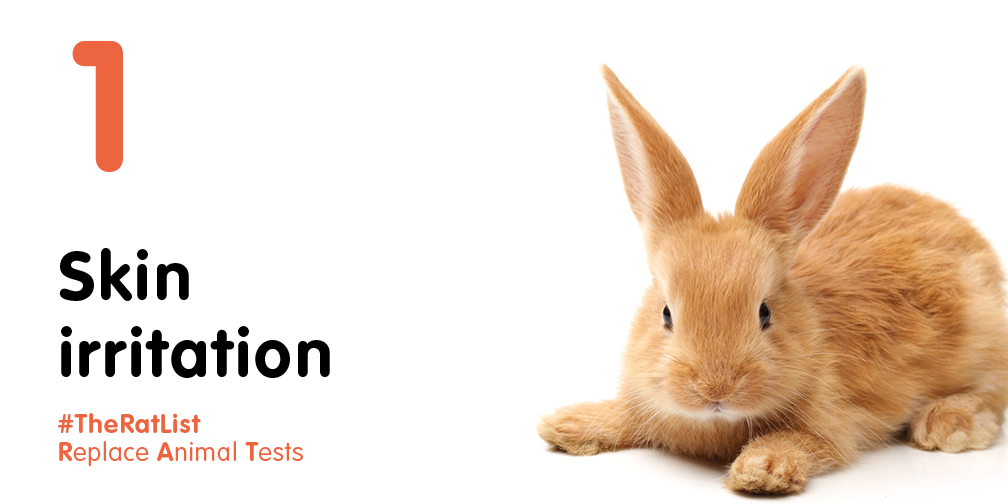
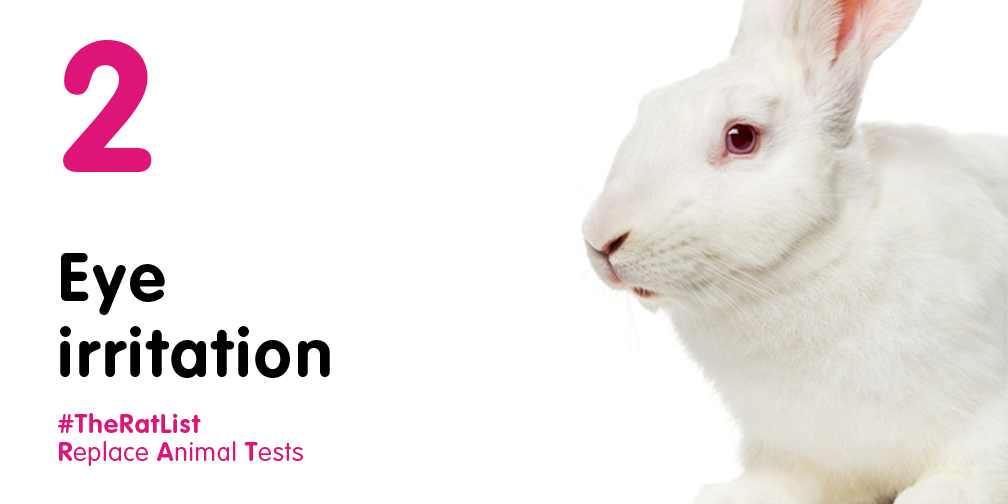
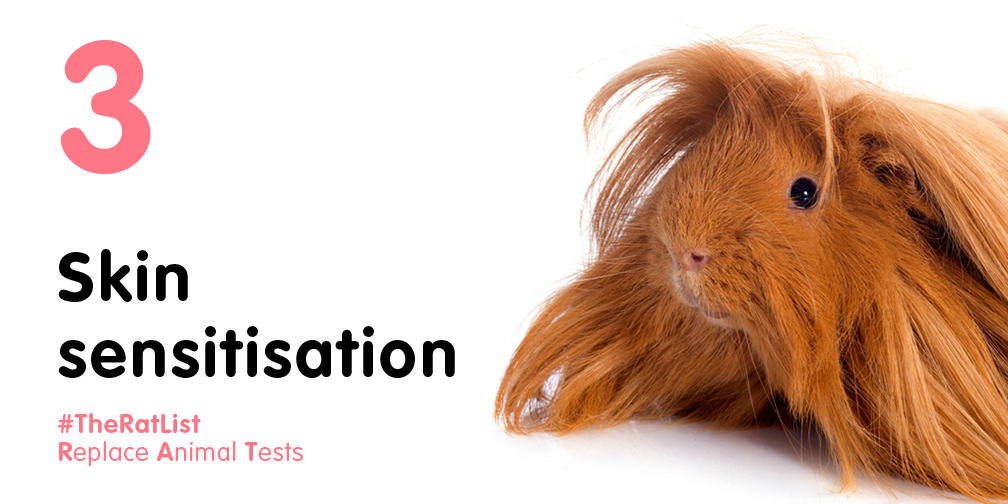
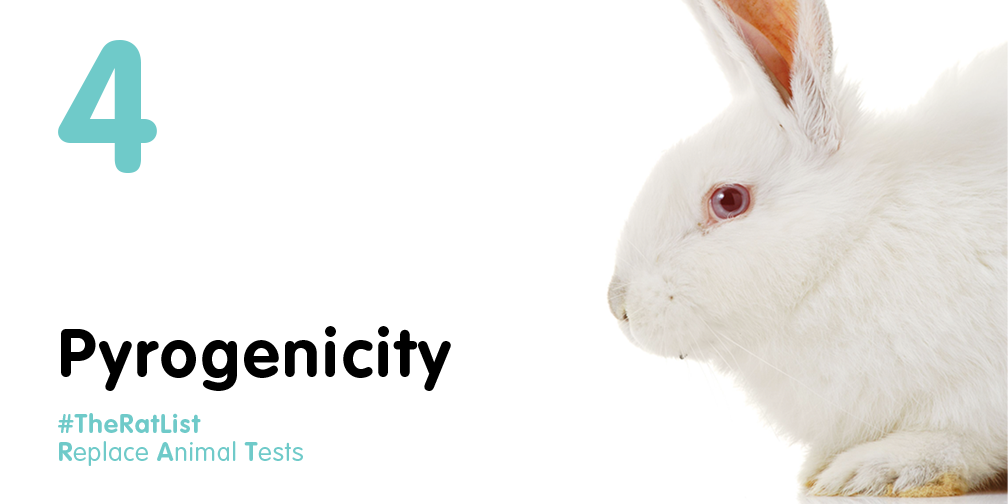
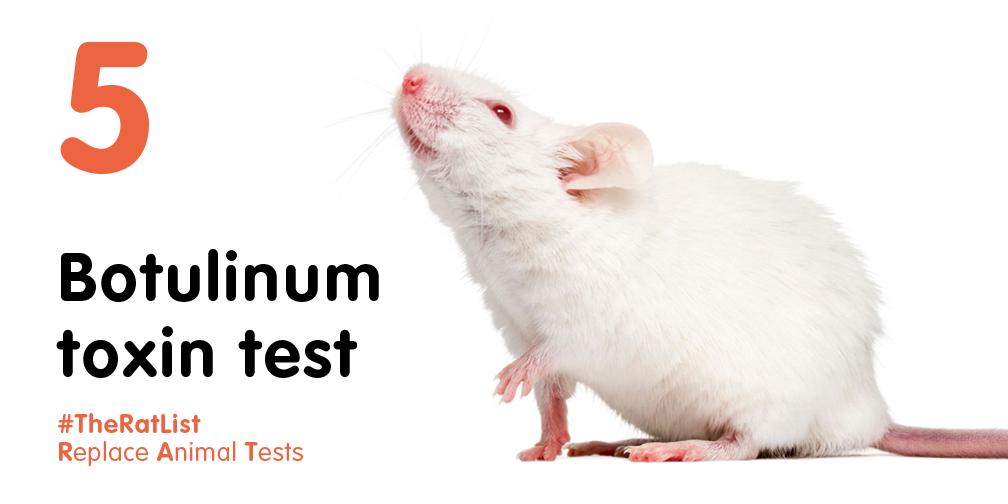
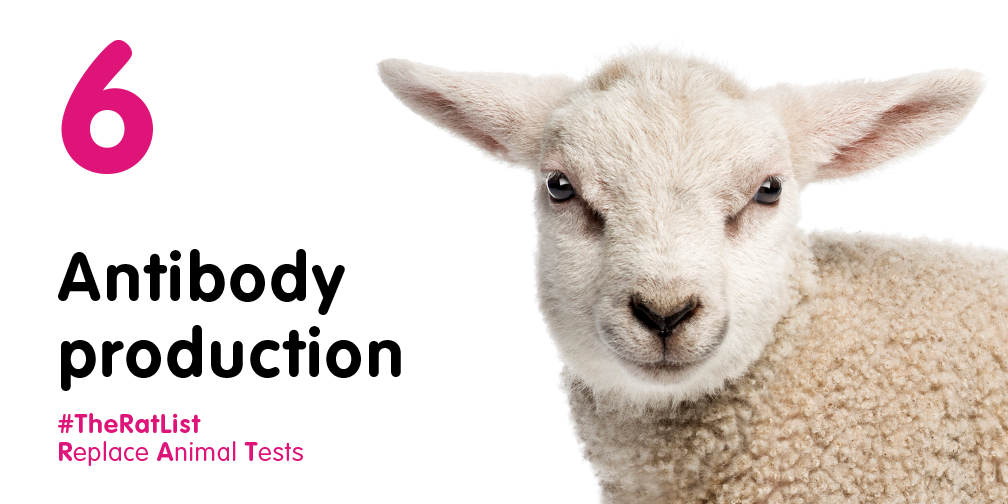
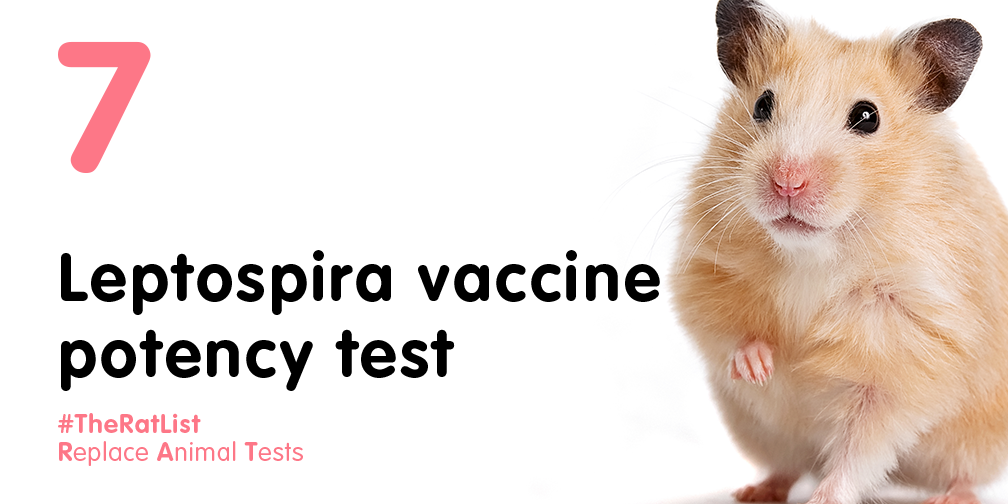

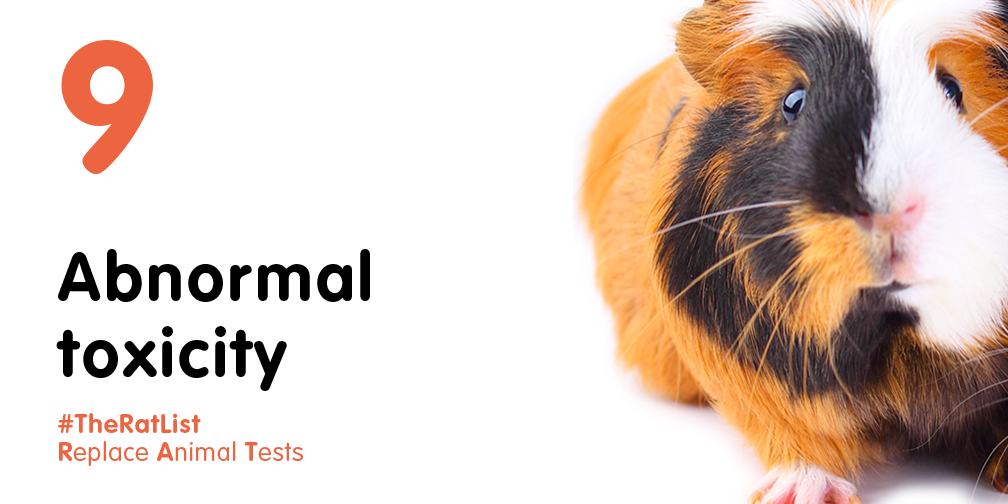
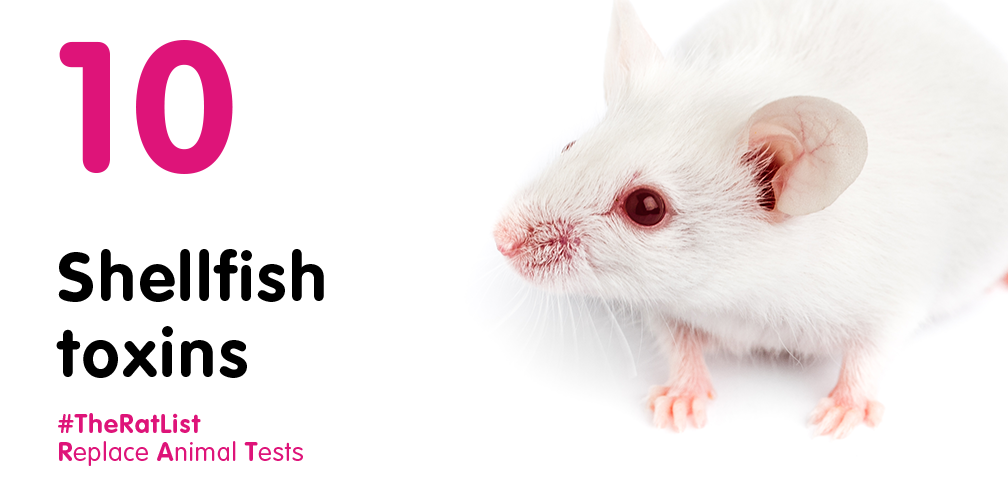
- Skin irritation – 31% decrease. 95% of these tests are performed to meet requirements set by regulations on medical devices.
- Eye irritation – 22% decrease. Regulations on medical devices and human medicines lead to 80% of these tests.
- Skin sensitisation – 13% decrease, however over 33,000 tests for skin sensitisation were still performed in 2022 and, surprisingly, there has been an increase in tests performed for the purpose of chemicals regulations – we are working to understand why this is the case
- Pyrogenicity - 21% decrease. Earlier this year it was announced that the test on rabbits is to be deleted from regulations for human medicines, which is currently responsible for 87% of these tests.
- Botulinum toxin test – 44% decrease. Of the 152,642 tests performed on animals 33% were classed as severe.
- Antibody production – it is estimated that around 1 million animals are used for antibody production each year. The cruel ascites method of antibody production continues, with France being responsible for 99% of its use.
- Leptospira vaccine potency test – 13% decrease. Approximately 3,642 tests were performed on hamsters in 2022 of which 21.5% were classed as severe.
- Veterinary vaccines batch test and Abnormal toxicity – 11% and 49% decreases respectively. These tests are no longer routinely required in the EU but may still be performed for the global market.
- Shellfish toxins – There has been a huge decrease of approximately 80% seen in these tests. Although Spain remains responsible for 90% of the tests, their overall use of animals has decreased by 45%










